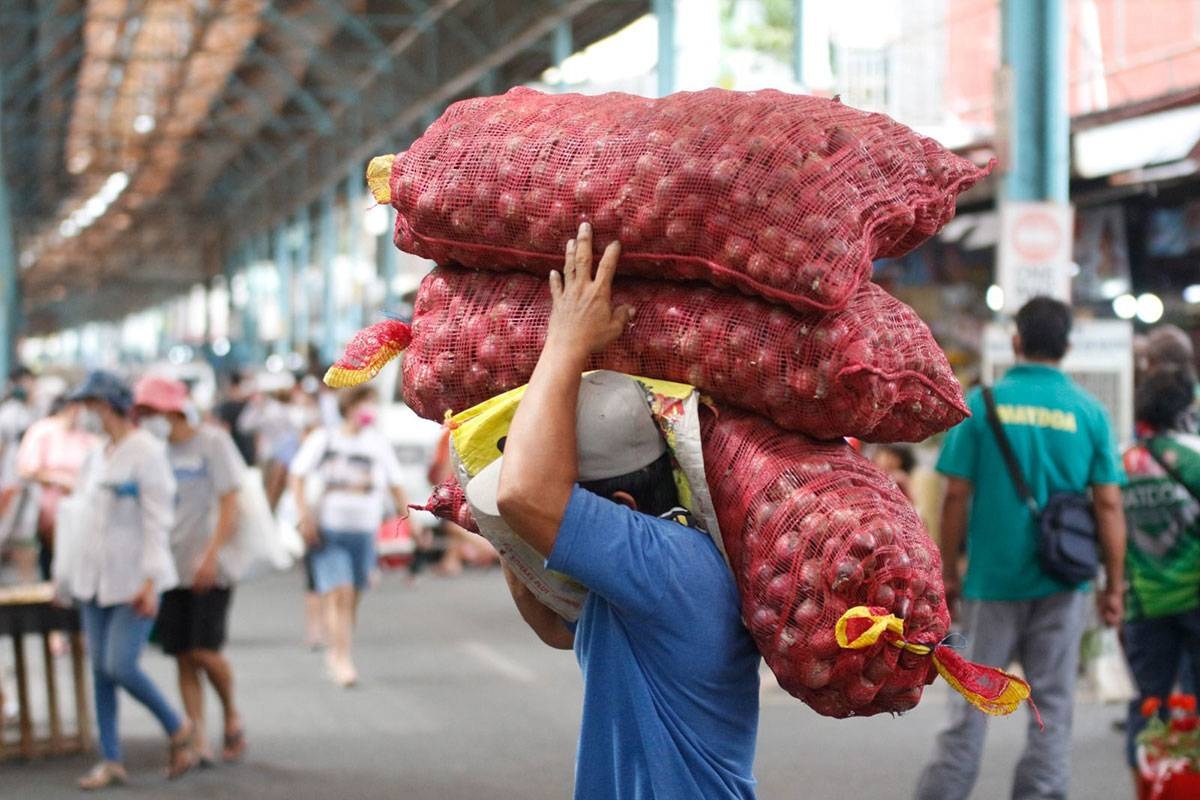The recent onslaught of the drought-inducing climate phenomenon, El Niño, has raised concerns about water supply, agriculture, and the stability of basic commodities in the country. However, according to Task Force El Niño, there is no need to panic as the country has enough water supply for human consumption, irrigation, and power generation.
Task Force El Niño spokesperson, Joey Villarama, emphasized that the supply of basic commodities remains stable. He explained that the steady supply of rice is ensured through importation and stocks in warehouses. Additionally, the upcoming harvesting season will contribute to maintaining the supply. The Department of Agriculture has also reported a stable supply of other basic commodities such as sugar, corn, chicken, pork, and onion.
While the current situation appears optimistic, Villarama emphasized the importance of a scientific approach and vigilance. The government cannot predict the extent of the damage to crops caused by El Niño. Therefore, it is crucial to double efforts in monitoring and remain prepared for any further challenges. As Villarama stated, “We need to be proactive and not caught off guard, as we are up against the forces of nature.”
The estimated damage caused by El Niño to crops, particularly rice and corn, has reached P151 million. Regions 6 (Western Visayas) and 9 (Zamboanga Peninsula) have been the most affected. To address the situation, all concerned government agencies have activated their respective disaster risk reduction and management offices at various levels, including the provincial, city, municipality, and barangay levels.
The government is committed to providing assistance to farmers affected by El Niño. This includes offering alternative sources of livelihood and cash aid. In some cases, affected rice farmers have been provided with domestic animals to sustain their livelihood until they can recover and resume rice cultivation. The Department of Energy is also taking measures to prevent power interruptions during the El Niño period.
Despite these efforts, Villarama emphasized the need for collective responsibility. He urged individuals to conserve energy and water, among other resources, to mitigate the impact of El Niño. While the government is taking action, every individual can contribute in their own little way to ensure a sustainable future.
In conclusion, Task Force El Niño assures the public that the country has enough water supply for various needs and stable commodities. The government is actively monitoring the situation and providing assistance to affected farmers. However, it is crucial for everyone to remain vigilant and take proactive measures to conserve resources. By working together, we can navigate through the challenges posed by El Niño and build a resilient future.







